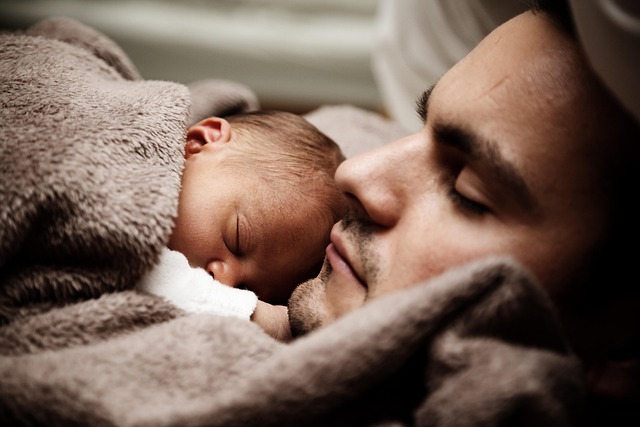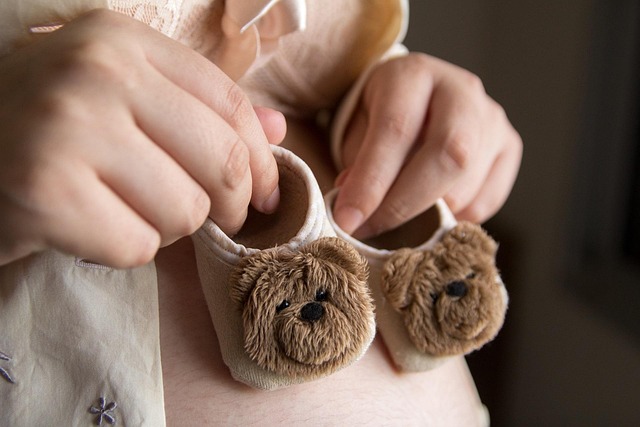In adoption hearings, qualified attorneys specializing in family law or adoption are crucial for fairness and the best interests of all parties, ensuring rights are protected and legal complexities are navigated. These professionals guide prospective parents through state regulations, prepare documents, advocate during hearings, and facilitate a smooth transition. Biases stemming from cultural and socioeconomic differences must be addressed through judge and caseworker training, inclusive practices, and clear guidelines to ensure equitable treatment. Support for adoptive parents and children, including guidance, emotional support, regular communication, and age-appropriate involvement, is vital for successful adoption outcomes.
“Uncovering the Vital Role of Representation in Adoption Hearings: A Comprehensive Guide. This article explores the intricacies of legal representation during the adoption process, ensuring fairness and positive outcomes. From understanding hearing dynamics to the indispensable role of legal counsel, we delve into strategies for navigating challenges. Learn how advocating for adoptive parents and children can lead to successful adoptions, emphasizing the importance of representation in every step of this transformative journey.”
- Understanding Representation in Adoption Hearings
- The Role of Legal Counsel in the Adoption Process
- Ensuring Fairness and Equality: Challenges and Solutions
- Supporting Adoptive Parents and Children Throughout Proceedings
Understanding Representation in Adoption Hearings

In adoption hearings, representation plays a pivotal role in ensuring fairness and advocating for the best interests of all involved parties, especially the child. Understanding representation in this context is crucial as it navigates the complex legal landscape of the adoption process. A qualified attorney specializing in family law or adoption can significantly impact the outcome by providing guidance, negotiating on behalf of clients, and interpreting legal complexities during hearings.
These representatives not only protect the rights of adoptive parents but also ensure that biological parents, children, and other stakeholders receive adequate representation. They are instrumental in guiding clients through documentation, court appearances, and home studies, ensuring every step aligns with legal requirements and fosters a smooth transition within the adoption process.
The Role of Legal Counsel in the Adoption Process

In the intricate dance of the adoption process, legal counsel plays a pivotal role in guiding prospective parents and ensuring the rights and best interests of the child are paramount. These attorneys specialize in family law and have an in-depth understanding of state regulations, which can vary widely. Their expertise extends to navigating complex legal procedures, preparing necessary documents, and advocating for their clients’ adoption applications.
During hearings, legal counsel presents a strong case on behalf of their clients, providing crucial support. They interpret laws, address any concerns from the judge or opposing parties, and offer strategic advice. Furthermore, they help prepare potential adoptive parents for what to expect throughout the adoption process, offering clarity in an often-confusing legal landscape. This assistance is instrumental in fostering a smooth transition for all involved.
Ensuring Fairness and Equality: Challenges and Solutions

Ensuring fairness and equality in adoption hearings is paramount to upholding the integrity of the entire adoption process. One significant challenge lies in balancing the interests of potential adoptive parents with those of the child, especially when cultural or socioeconomic differences are involved. These disparities can lead to biased decisions if not addressed proactively.
Solutions to these challenges include diverse training for judges and caseworkers, who should be educated on unconscious biases and cultural competency. Implementing inclusive practices, such as allowing for diverse representation in legal teams and encouraging open dialogue about sensitive topics, can also mitigate potential biases. Moreover, creating clear guidelines and protocols within the adoption process ensures that every party involved is treated equitably, fostering a more just and transparent environment for all adoption hearings.
Supporting Adoptive Parents and Children Throughout Proceedings

Supporting adoptive parents and children throughout the adoption process is paramount to ensuring a smooth transition and fostering healthy relationships. During hearings, social workers and legal professionals play crucial roles in providing emotional support and guiding both parties. This includes explaining complex procedures in simple terms, addressing concerns, and offering resources for ongoing assistance.
Regular check-ins and open communication channels help create a sense of security and trust. For children, having consistent caregivers and a stable environment is essential for their well-being. Adoptive parents are encouraged to involve their children in age-appropriate decision-making processes, fostering a sense of belonging and ownership within the family unit.
The journey towards adopting a child is a complex yet rewarding process, and ensuring proper representation in adoption hearings is paramount. This article has explored the critical role of legal counsel, highlighting how they navigate the intricate procedures while advocating for the best interests of both the prospective parents and the child. By addressing challenges related to fairness and equality, we’ve underscored the importance of inclusive practices within the adoption process. Ultimately, supporting adoptive families throughout these proceedings is key to fostering positive outcomes, ensuring a strong foundation for the child’s well-being and future success.
